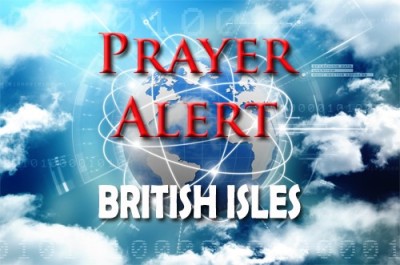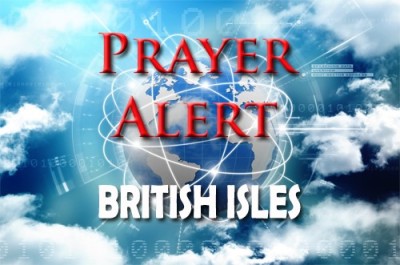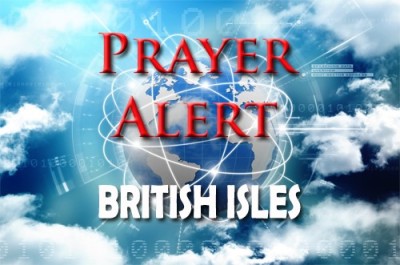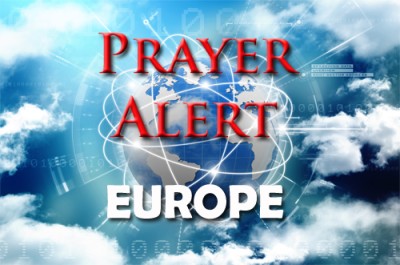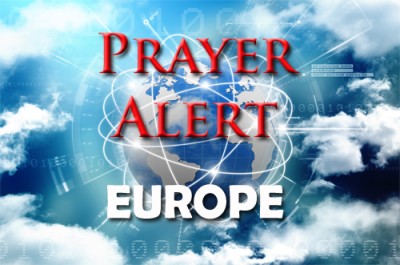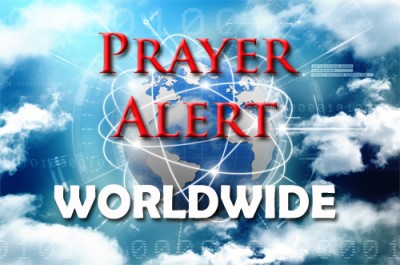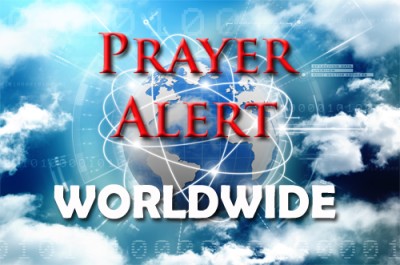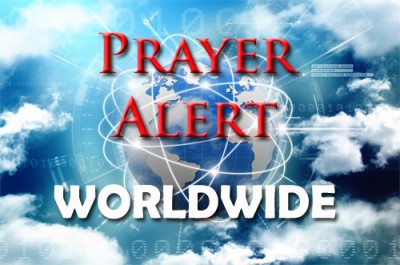Long Covid care
09 Jun 2022The Royal College of Nursing is urging the Government to increase investment in long Covid research after being warned that patients are suffering under a ‘postcode lottery’ in care. Some clinics treat long Covid as a physical condition, while other clinics treat it as psychological. Existing services are woefully inadequate to meet the level of demand. Latest official data estimates that two million people have said they are experiencing long Covid. There is also a need for nursing expertise to be used more widely to treat the condition. Where nursing staff are used in long Covid care, they play a pivotal role in managing patient care and treating chronic symptoms. Nursing staff see first-hand how life-limiting long Covid can be, especially when patients are suffering with complex chronic symptoms such as fatigue, joint pain, and brain fog. There are not enough specialist services to meet the growing demand, and the help patients get varies hugely across the country.
Working from home
09 Jun 2022UK workers are less keen to return to commuting than their European counterparts. Over a third of them still work from home. Hybrid working is the new normal. The new night for after work drinks is Wednesday, as many only visit the office on Tuesdays, Wednesday and Thursdays (sparking the acronym Twats). Boris Johnson told civil servants to ‘make sure everybody gets back to work’, but fewer than one in ten have returned to their desks five days a week. Some say staff are more productive in the office as it is harder to collaborate creatively with colleagues over video calls. Others say they get more done at home without distractions or gossiping, and there are big savings in money and time. Many say their work-life balance has improved, but research has found that working from home increases ‘burnout’ rates as people struggle to juggle their careers and family lives.
School absenteeism
09 Jun 2022Parents are receiving an increasing number of fines by schools trying to encourage children to stop missing school. Almost 1.8 million children regularly missed school in the first term of this academic year. As part of a mission to tackle this, parents have been fined £3.7m so far. For some families there are financial barriers; for example, one pupil messaged that they don't have trousers to wear into school. A uniform bank within the school has now been set up to help remove that barrier, but building trust with families can be tough. Some people are not brave enough to come forward and say they can't afford things. Some parents can't afford the dinner money, and it's cheaper to keep them at home. Parents have also been known to keep older children off school to look after younger siblings. Persuading parents to encourage their children into school can be difficult, as many families face ‘heart-wrenching’ struggles.
Ukraine: scenarios to pray about
09 Jun 2022The story of this war cannot yet be written, but we can pray about possible scenarios. One would be Russia and Ukraine grinding each other down with neither demonstrating capacity to land a tactically decisive blow. Pray the West will supply Ukraine with all that is needed to overcome Putin. Another could be Putin announcing a ceasefire, pocketing his territorial gains and declaring ‘victory’ with a land corridor to Crimea established. This might change the narrative but not end the fighting. Pray for God’s wisdom to saturate Ukraine’s leaders so that a theoretical peace is avoided, and for US, UK and European policymakers to ensure Russia's invasion fails, for the sake of Ukraine and the international order. Pray for Ukraine’s victory using its new long-range rockets. Pray that it can retrieve territory where Russian supply lines are stretched, causing the troops to withdraw to where they were before the invasion, as Western sanctions hit Russia's war machine.
Ukraine: pray for the refugees
09 Jun 2022Ukrainians fleeing to neighbouring countries, looking for peace from conflict, are finding that their lives have changed drastically. They face new questions: where to live? how to make a living? They are struggling with language barriers and uncertainty about the safety of their loved ones still in Ukraine. They had been owners of homes and financially independent: now they are alone in a foreign country that is not their home. Father, please bring healing and restoration to those with vivid memories of death and destruction. Give peace of mind to those now suffering strife and fear. May they quickly settle into their new environments and have a sense of belonging. Father, please care for those whose life seems out of control; may they find a sure foundation in you. Give the disillusioned hope in a future and by Your Spirit draw near to those who are living with sorrow and uncertainty. Release Your comfort into shattered lives.
The World Bank has extended another year of financial aid to Lebanon despite political bickering. Inflation reached 206% in April, Lebanon’s currency dropped yet again last week, and Heart for Lebanon reports shortages of everything from electricity to fuel to bread. Everything costs more, and 78% of the population needs some kind of food assistance to survive. They are becoming more desperate every day. Divisions are deepening among the newly-elected parliament members. Fighting between parties that are for and against Hezbollah is taking priority over much-needed reform. People are looking for answers. They are turning to God in record numbers. Heart for Lebanon and local churches provide food and encouragement to families, showing them the love of Christ before telling them about the love of Christ. Ask God to strengthen and encourage Lebanese believers. They are staying put to care for people in need, instead of leaving the country to benefit themselves.
Somalia: drought, famine, malnutrition
09 Jun 2022On 31 May the UN's top humanitarian official for the Horn of Africa predicted a devastating outlook for millions of Somalis, amid worsening famine. Before the end of 2022, 7.1 million people will be affected by drought and famine. He said that 1.4 million children face acute malnutrition, and 330,000 are likely to become severely malnourished. Currently 6.1 million Somalis are affected by this drought emergency. Of that number, 771,400 (mostly women and children) have been displaced from their homes in search of water, food and pasture. The outlook has worsened due to the prospects of a fifth consecutive failed rainy season. Pray for God to strengthen and empower all who are providing aid to the hundreds of thousands experiencing acute food insecurity. Pray for medics and medication to be released to those experiencing severe malnutrition and acute watery diarrhoea. Pray for those mourning the deaths of loved ones.
Bangladesh: explosion, floods
09 Jun 2022On 4 June an explosion and deadly fire rocked the Bangladeshi port city of Chittagong, with fifty official casualties, but five days later hundreds were still missing. Firefighters responded to the blaze but used water on incorrectly labelled hydrogen peroxide, causing further explosions that killed some firefighters and people in the streets. Debris from the explosion landed a third of a mile away, and the impact shattered windows 1.5 miles away. See In early June Northern Bangladesh saw the worst flooding in two decades, and it is not yet the monsoon season. Millions have been stranded after villages and cities were inundated. Millions more remain without electricity or clean water. The situation might worsen if water-borne illness begins spreading. The deluge has forced 90,000 people into shelters. 270 camps have been set up until the water subsides, but it is still difficult to get to these camps. Four hundred miles of strategic highways are under water, preventing first responders from reaching people.
